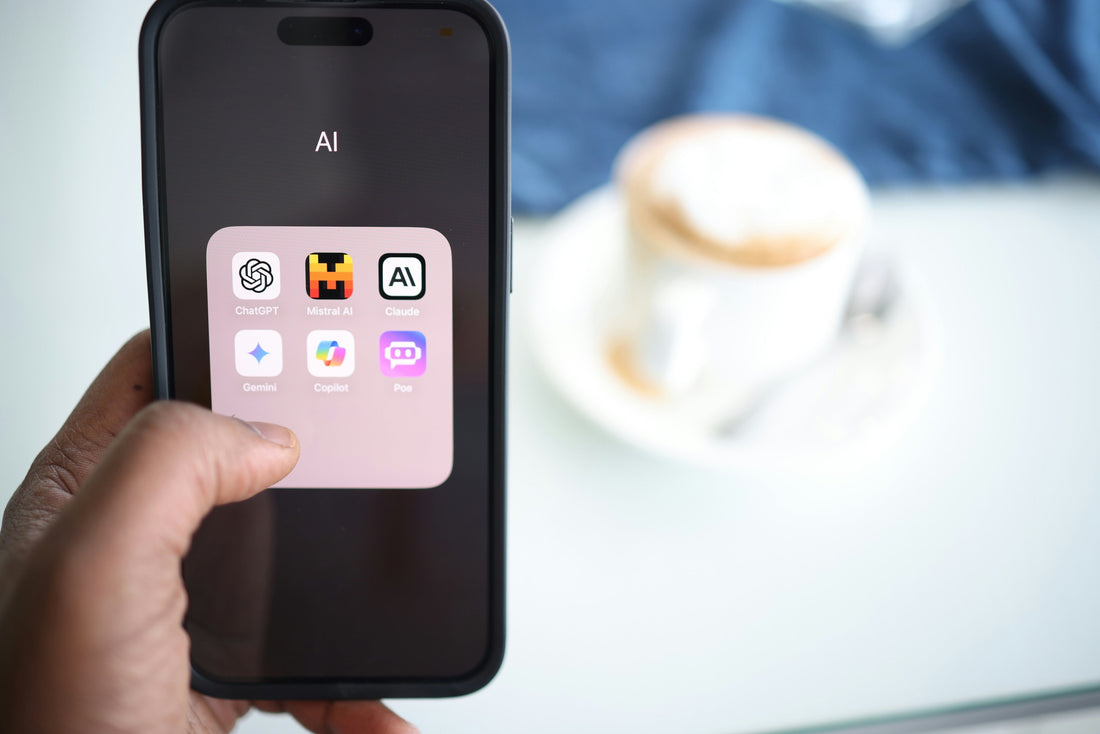
All-in-One AI Marketing Platforms: The Present and Future of Digital Growth
Share
The digital marketing landscape has been fundamentally reshaped by artificial intelligence, moving from simple automation to a new era of strategic, all-in-one AI platforms. These tools, often referred to as "all-in-one" or "complete" services, are designed to centralize and automate multiple marketing functions, allowing businesses to operate more efficiently and effectively.
Platforms like Blaze, for example, are a new generation of AI tools that focus on automating entire marketing workflows. Its services go beyond simple content generation to include lead generation based on social signals, multi-channel outreach, and community data analysis.2 This approach allows businesses to "set and forget" their marketing, with the AI autonomously creating content, posting on social media, and analyzing performance to optimize for growth.
While the specific features of each platform may differ, most full-service AI marketing tools today share a common suite of services:
- Content Creation and Optimization: Using large language models (LLMs) like those from OpenAI or Google, these tools can generate blog posts, social media captions, email newsletters, and ad copy. They also often provide SEO analysis, suggesting keywords and content structures to improve search rankings.
- Social Media Management: These platforms include features for scheduling posts across multiple social networks (Instagram, Facebook, LinkedIn, etc.), curating content, and analyzing engagement metrics to help marketers understand what resonates with their audience.
- Data Analysis and Reporting: AI can process vast amounts of data in real-time to provide insights that would be difficult for a human to uncover. This includes performance tracking, trend analysis, and predictive analytics to inform future marketing decisions.
-
Personalization: AI enables hyper-personalization, tailoring content and messages to individual customers based on their behavior, demographics, and past interactions.
The AI tools for marketing teams management
The AI marketing landscape is highly competitive, with a variety of tools offering comprehensive services. Some of the most prominent alternatives and competitors to a platform like Blaze include:
- Jasper AI: One of the most well-known AI content platforms, Jasper is built for copywriting and content creation at scale, supporting a wide range of formats from blog posts to ad copy. It's often used by large marketing teams to maintain a consistent brand voice.
- HubSpot: As a long-standing all-in-one marketing platform, HubSpot has heavily integrated AI into its ecosystem.12 Its AI tools, such as the new "Breeze" assistant, can help with everything from writing blog drafts to creating email content and managing customer relationships.
- Writesonic & Copy.ai: Similar to Jasper, these platforms are primarily focused on AI-powered content generation for various marketing channels, offering a wide array of templates and workflows to accelerate content production.
-
SocialPilot & Metricool: These are social media-first platforms that have integrated AI to enhance their core services. They help with content scheduling, analytics, and curating posts, making them ideal for businesses focused on social media growth.13
The Future of AI in Marketing
The current wave of all-in-one tools is just the beginning. The future of AI marketing will be defined by several key trends:
- Hyper-Personalization at Scale: AI will move beyond basic personalization to anticipate customer needs and preferences. Marketing efforts will become proactive and predictive, with AI systems automatically delivering the right message at the right time to the right person, before they even know they need it.
- Increased Automation and "Agentic" AI: The goal of platforms like Blaze—to "set and forget" your marketing—will become the norm. AI will evolve from a tool that assists marketers to an autonomous "agent" that can execute entire campaigns, from strategy and creation to execution and optimization, with minimal human intervention.
- Data-Driven Decision Making: AI will democratize data analysis, providing small and medium-sized businesses with the same level of market intelligence previously reserved for large corporations. It will analyze customer sentiment and behavioral data in real time, allowing for agile, data-backed decisions.
- Rise of Creative-First AI: While many tools today focus on text, the future will bring more sophisticated generative AI for visuals, audio, and video.16 This will empower marketers to create professional, multi-channel campaigns without needing extensive design or production skills.
-
Ethical AI and Transparency: As AI becomes more integral to marketing, there will be a growing emphasis on ethical considerations, data privacy, and transparency. Companies will need to be clear about how they use AI and customer data to build trust and maintain brand reputation.
In conclusion, AI is no longer a luxury but an essential survival tool for marketers. As tools become more comprehensive and intelligent, the future of marketing will be about a symbiotic relationship between human creativity and AI-driven efficiency, leading to unprecedented levels of personalization and growth.
